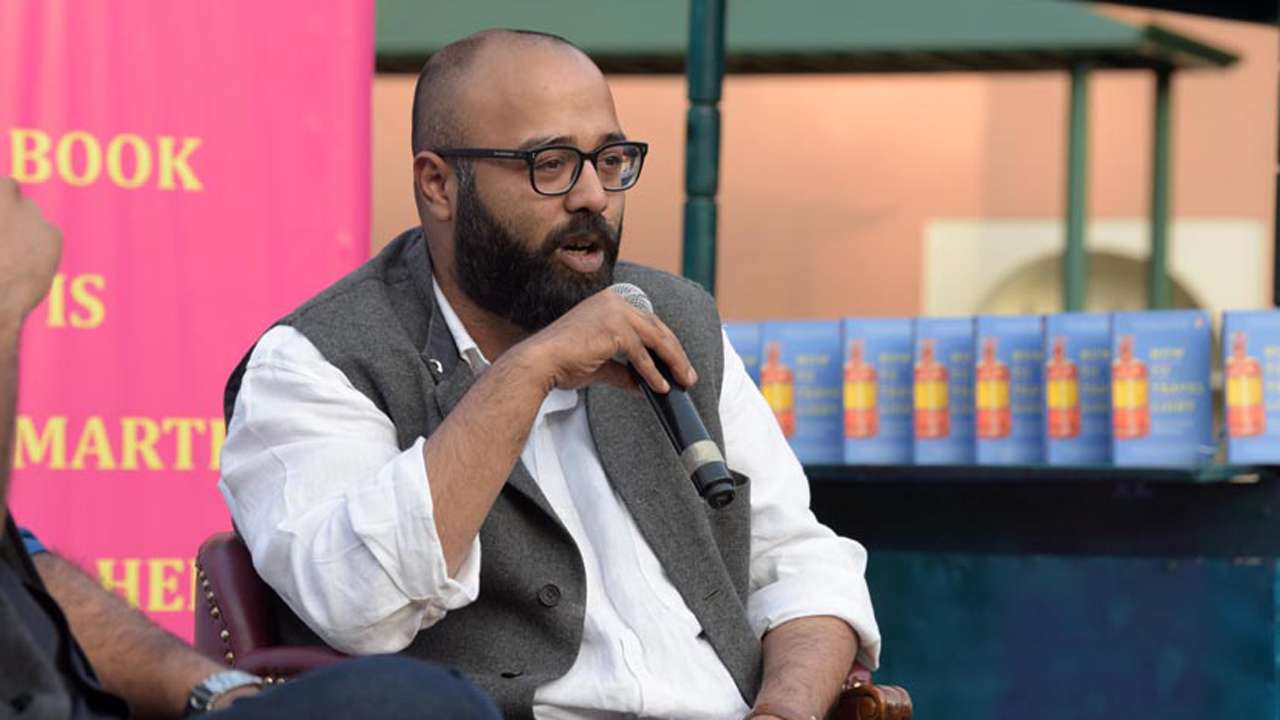
I think if someone is not a writer, and then he writes a book about bipolarity, that is brave. For someone who has always wanted to write, writing this book, was, more than courageous, it was cathartic. I felt much better after having written about my experiences. I felt I could make sense of it. One thing I have learnt is that the more you talk about things, the more you try and give it a guise of a story, the more are people able to participate in your narrative.
I don’t think people who want to keep it private, should be forced to make it public. I am blessed with a support system, a social circle, that allows me to talk about my condition and not judge me for it. There might be people who are bipolar, who do not want to talk about it because their support system might not encourage them to do so. One must keep in mind that not everyone has a luxury to talk. I am blessed to have a support system.
More than coming out, it would help if you talk about it and see if you can find a kind and patient hear. If you find one such person, sometimes that might just be enough for you to come out of whatever it is that you might be suffering from. A medical or a therapeutic help is something that you should seek.
I would quite simply say, create spaces so that people can talk and you can listen. People who are bipolar, or afflicted with any kind of mental disorder, all they require is, their narratives and stories to be given some validity. Don’t just dismiss them as mad or as strange. Try to see whether you are able to detect, from what they say, a certain amount of logic. Like everyone else, they can also teach you that life can be lived. They are as human as anyone else.
Taking about the most difficult part of the book to write, Shreevatsa Nevatia said, “It was talking about my child sexual abuse that was most difficult.”
“That was certainly hard because I have never stopped to think about to or give it some form. However, having written about it, I felt I had drawn a line. It does not bother me as much any more. It doesn’t define me,” he added.
Shreevatsa Nevatia is the editor-in-chief of National Geographic Traveller India. The book, How To Travel Light, maps Nevatia’s journey as he deals with mania and depression. Progressing through his life, as a victim of child abuse Nevatia was diagnosed with bipolar disorder in 2007. The book is an insight into the mind of a maniac and gives the reader an insight into the life of the one suffering from the mental illness and yet coming out to the world as a fighter.
“I would not want to be a manic again, but I am certainly not embarrassed about my mania now,” Nevatia said.